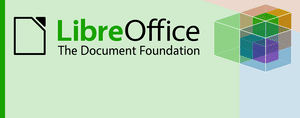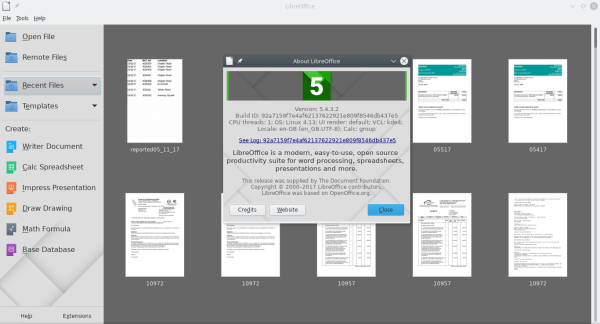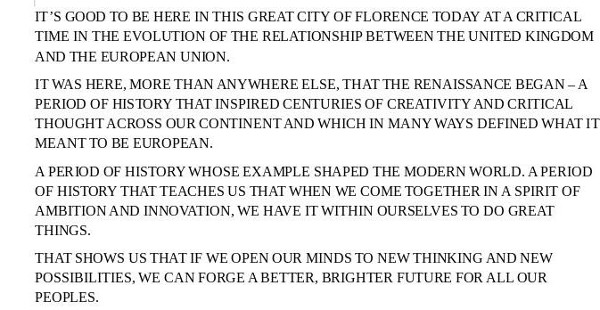April 27th is the first LibreOffice 6.1 bug hunting session
The first bug hunting session for the forthcoming LibreOffice 6.1 release will be held on Friday, 27th April, The Document Foundation blog has announced.

LibreOffice 6.1, the next point release of the free and open source office suite which emphasises the use of open standards, such as the Open Document Format (ODF), is due to be made available in August this year.
To help ready the software for its release date, the LibreOffice Quality Assurance community is organising an initial bug hunting session this Friday to find, report and triage bugs. Details of the event can be found on the dedicated wiki page.
This first Bug Hunting Session will involve the first Alpha version of LibreOffice 6.1, which will be available on the pre-releases server on the day of the event. Builds will be available for Linux (DEB and RPM package formats), macOS and Windows. Users will be able to run the Alpha release in parallel with their production version – thus enabling testing without affecting users’ existing stable installations.
Mentors will be available on April 27th 2018 from 8.00 a.m. UTC to 8.00 p.m. UTC for questions or help in the IRC channel: #libreoffice-qa (connect via webchat) and its Telegram bridge. During the day there will be 2 dedicated sessions focussed on two of the tenders implemented in LibreOffice 6.1: the first between 10.00 a.m. UTC and 12.00 a.m. UTC to test improvements in image handling; and the second to test the HSQLDB import filter for firebird between 2.00 p.m. UTC and 4.00 p.m. UTC.
According to the release plan, the LibreOffice 6.1 office suite will enter beta stages of development at the end May, with a second beta planned for mid-June. After that, there should be about three RCs released between the first week of July and the first week of August with the final release being available in mid-August.
 Within the scope of its own cloud computing environment, the German Federal administration has opted for
Within the scope of its own cloud computing environment, the German Federal administration has opted for 



 Today The Document Foundation (TDF)
Today The Document Foundation (TDF) 


